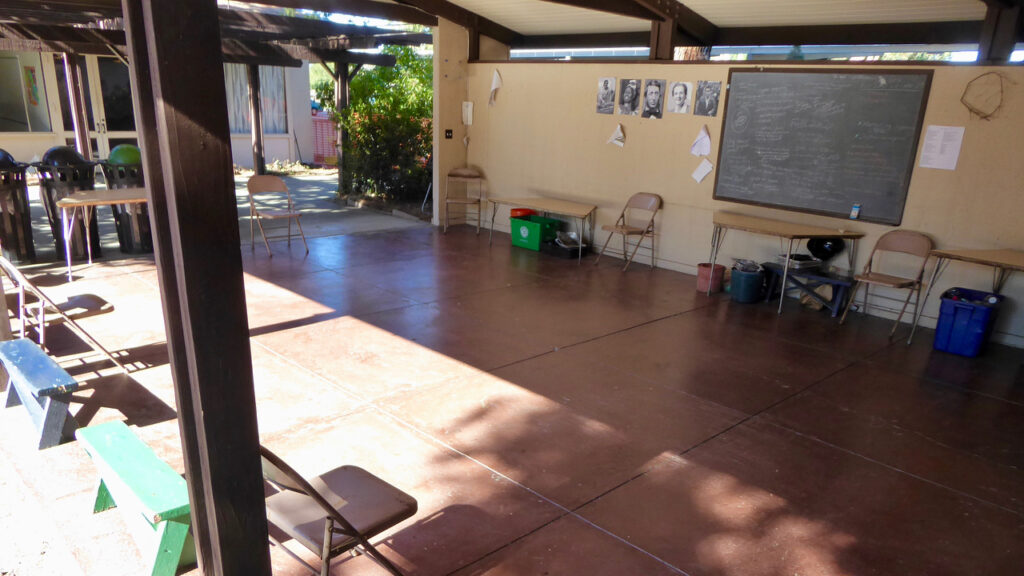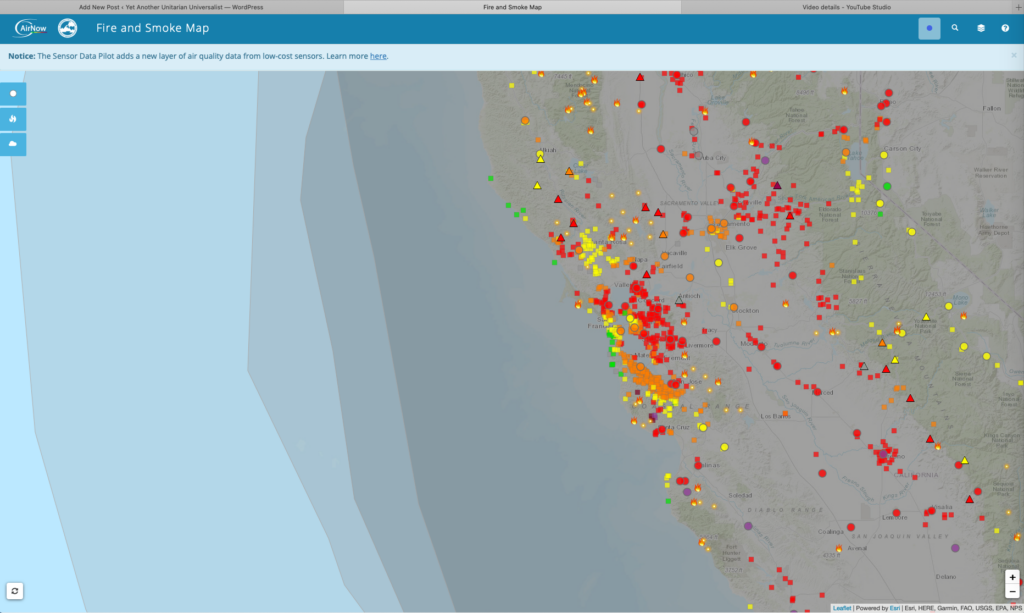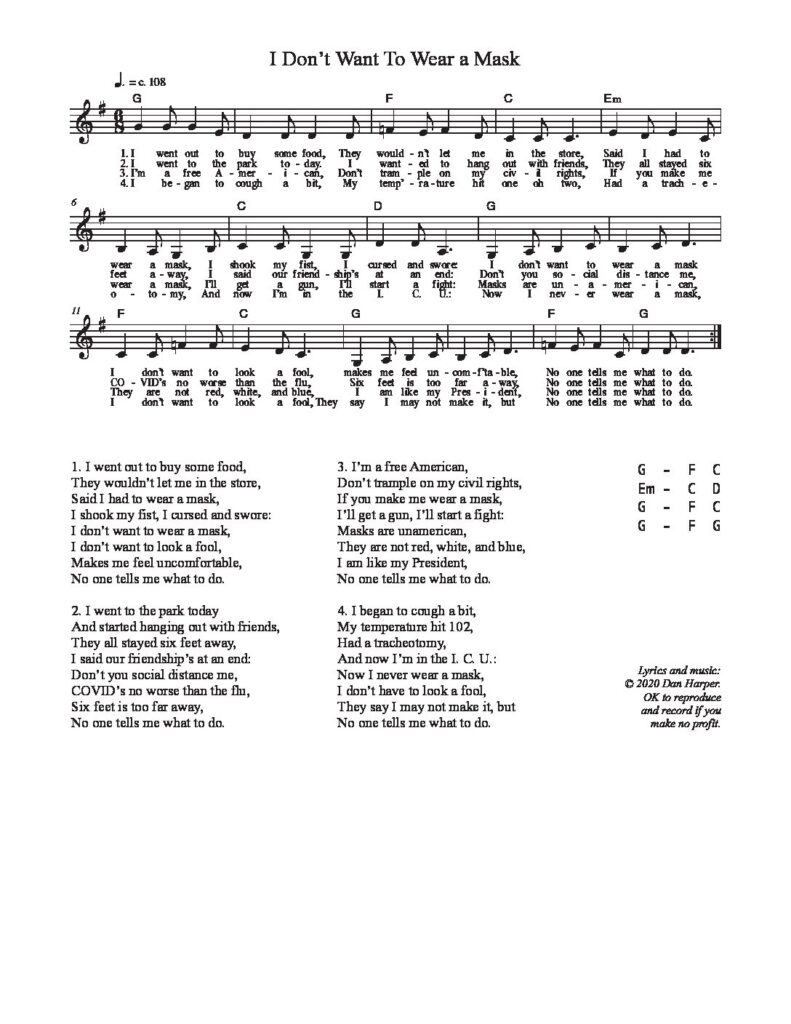An article published in the journal Technology, Mind, and Behavior, Jeremy N. Bailenson reviews existing research to try to understand why Zoom meetings can be so fatiguing. The article’s title, “Nonverbal Overload: A Theoretical Argument for the Causes of Zoom Fatigue,” summarizes what Bailenson perceives to be the primary cause of Zoom fatigue: it’s the nonverbal elements of Zoom that are so tiring. In the article’s abstract, Bailenson also states the limits of his paper:
“The arguments are based on academic theory and research, but also have yet to be directly tested in the context of Zoom, and require future experimentation to confirm.”
Bailenson outlines four “possible explanations of Zoom fatigue”:
“Excessive amounts of close-up eye gaze, cognitive load, increased self-evaluation from staring at video of oneself, and constraints on physical mobility. All are based on academic research, but readers should consider these claims to be arguments, not yet scientific findings.”
Bailenson then suggests small changes to the user interface of Zoom. Smaller default size of heads in the Zoom window reduce the load of “close-up eye gaze.” Cognitive load may be reduced by making audio-only calls the default. Using the “Hide Self” feature in Zoom does away with the problem of staring at one’s own video feed. Finally constraints of physical mobility can be handled by hardware solutions: “Use an external webcam and external keyboard that allows more flexibility and control over various seating arrangements.”
Note that Bailenson firmly states that all his suggestions need to be confirmed by further research. I already disagree with Bailenson on at least one point. I don’t use the “Hide Self” feature on Zoom because it’s too easy to go off camera; instead I prefer the user interface of Google Meet which shows a tiny thumbnail view of oneself, too small to see details, but just large enough so you can see if you’re going off camera. Bailenson also points out some interesting possibilities for further research. For example:
“Very few psychology studies on mediated interaction examine groups larger than two or three people, and future work should examine the psychological costs and benefits of video compared to audio in larger groups.”
As I think about Bailenson’s article, here are some changes in the way I use Zoom that I’ll implement for myself:
- I’ll sit further away from my webcam, to reduce excessive close-up eye gaze
- I’ll continue to use my remote keyboard, and my under-desk cycling machine, to reduce my fatigue by allowing more physical mobility for myself
- When teaching small groups, I’ll use more screen sharing, which reduces apparent head size and provides another center of interest so participants don’t have to stare at me or each other
One big problem with any video platform, from my point of view as a religious educator, is that a lot of what I do is social-emotional learning. And a big chunk of social-emotional learning is about using nonverbal communication in a way that simply isn’t possible on video calls. So I’m also going to remain aware that videoconferencing has definite limitations, and I’m not going to expect it to do things it cannot do.
I’d love to hear your thoughts on improving our uses of videoconferencing.





